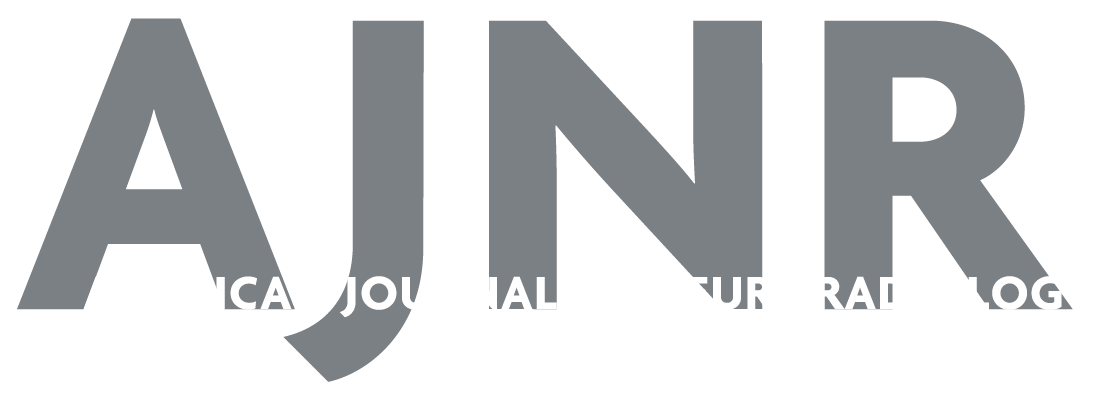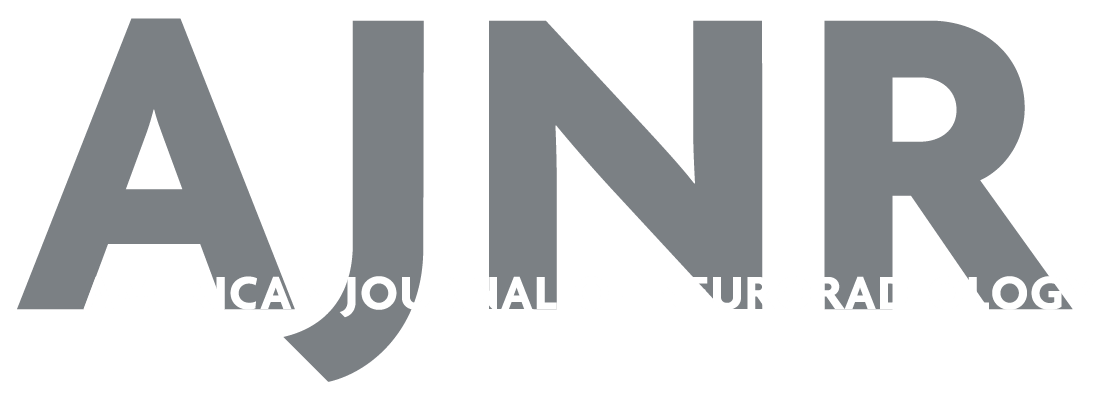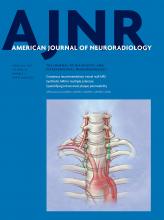Abstract
BACKGROUND AND PURPOSE: Quantitative MR imaging parameters help to evaluate disease progression in multiple sclerosis and increase correlation with clinical disability. We therefore hypothesized that T1 values might be a marker for ongoing tissue damage or even remyelination and may help increase clinical correlation.
MATERIALS AND METHODS: MR imaging was performed in 17 patients with relapsing-remitting MS at baseline and after 12 months of starting immunotherapy with dimethyl fumarate. On baseline images, lesion segmentation was performed for normal-appearing white matter, T2 hyperintense (FLAIR lesions), T1 hypointense (black holes), and contrast-enhancing lesions, and T1 relaxation times were obtained at baseline and after 12 months. Changes in clinical status were assessed by using the Expanded Disability Status Scale and Symbol Digit Modalities Test at both dates (Expanded Disability Status Scale-difference/Symbol Digit Modalities Test-diff).
RESULTS: The highest T1 relaxation time at baseline was measured in black holes (1460.2 ± 209.46 ms) followed by FLAIR lesions (1400.38 ± 189.1 ms), pure FLAIR lesions (1327.5 ± 210.04 ms), contrast-enhancing lesions (1205.59 ± 199.95 ms), and normal-appearing white matter (851.34 ± 30.61 ms). After 12 months, T1 values had decreased significantly in black holes (1369.4 ± 267.81 ms), contrast-enhancing lesions (1079.57 ± 183.36 ms) (both P < .001), and normal-appearing white matter (841.98 ± 36.1 ms, P = .006). With the Jonckheere-Terpstra Test, better clinical scores were associated with decreasing T1 relaxation times in black holes (P < .05).
CONCLUSIONS: T1 relaxation time is a useful quantitative MR imaging technique, which helps detect changes in MS lesions with time. We assume that these changes are associated with the degree of myelination within the lesions themselves and are pronounced in black holes. Additionally, decreasing T1 values in black holes were associated with clinical improvement.
ABBREVIATIONS:
- BH
- black hole
- CE-L
- contrast-enhancing lesion
- EDSS
- Expanded Disability Status Scale
- NAWM
- normal-appearing white matter
- MP2RAGE
- double inversion-contrast magnetization-prepared rapid acquistion of gradient echo
- SDMT
- Symbol Digit Modalities Test
- T1-RT
- T1 relaxation time
- © 2017 by American Journal of Neuroradiology












